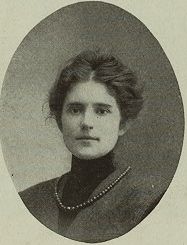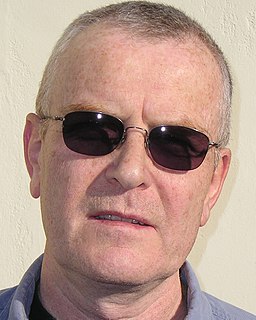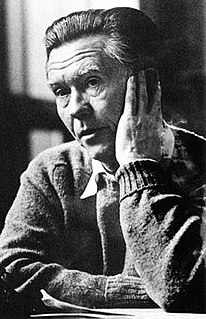A Quote by Clint Smith
You can say 'stop' or 'alto' or use any other word you think will work but I've found that a large bore muzzle pointed at someone's head is pretty much the universal language.
Related Quotes
Never use a metaphor, simile, or other figure of speech which you are used to seeing in print. Never use a long word where a short one will do. If it is possible to cut a word out always cut it out. Never use the passive voice where you can use the active. Never use a foreign phrase a scientific word or a jargon word if you can think of an everyday English equivalent. Break any of these rules sooner than say anything outright barbarous.
I believe that we must use language. If it is used in a feminist perspective, with a feminist sensibility, language will find itself changed in a feminist manner. It will nonetheless be the language. You can't not use this universal instrument; you can't create an artificial language, in my opinion. But naturally, each writer must use it in his/her own way.
Eliminate the word HATE and replace it with LOVE. The words: hate, hatred, hating, haters, hate that, hate this...and so forth. Stop people when they say them. Stop people from expressing any of those words in action. Make the word HATE as old as GROOVY. The word LOVE has been proven to be the most beautiful word. Learn to use it and put it into action - any which way you can.
Some feminist critics debate whether we take our meaning and sense of self from language and in that process become phallocentric ourselves, or if there is a use of language that is, or can be, feminine. Some, like myself, think that language is itself neither male nor female; it is creatively expansive enough to be of use to those who have the wit and art to wrest from it their own significance. Even the dread patriarchs have not found a way to 'own' language any more than they have found a way to 'own' earth (though many seem to believe that both are possible).
There is no one who can stop you; you find a mic, a crowd, a set of ears, and nowadays, a camera and YouTube, and you recite your poem. You have your say. I don't want to over-romanticize it: of course, any time an art form ascends, especially when competition is involved, there will be gatekeeping, chauvinism, and other unfortunate dynamics. But the beauty of spoken word and performance poetry is, by and large, its ability to reach people in the moment - right there, right then.
Whereas, according to the declaration of that true man of the world Talleyrand, the use of language is to conceal the thoughts; this is to declare in the present instance, when I say I am not able to bear much talking, it means really, and without any mistake, or equivocation, or oblique meaning, or implication, or subterfuge, or omission, that I am not able; being at present rather weak in the head, and able to work no more.
A written word is the choicest of relics. It is something at once more intimate with us and more universal than any other work of art. It is the work of art nearest to life itself. It may be translated into every language, and not only be read but actually breathed from all human lips; -- not be represented on canvas or in marble only, but be carved out of the breath of life itself.
I never had any intention nor interest in being an artist, but when I made work I realized that this was my language. What I had to say needed to be said in this way. I always loved taking photographs - but never considered myself a photographer. I have tremendous respect for photographers. I do use a camera and a photo as a basis for a lot of my work, but I use it as a means to attain an image to work from. The actual photography in my work is a monochromatic photograph. I'll photograph something and extract a color that will then be the background for a painting.






































